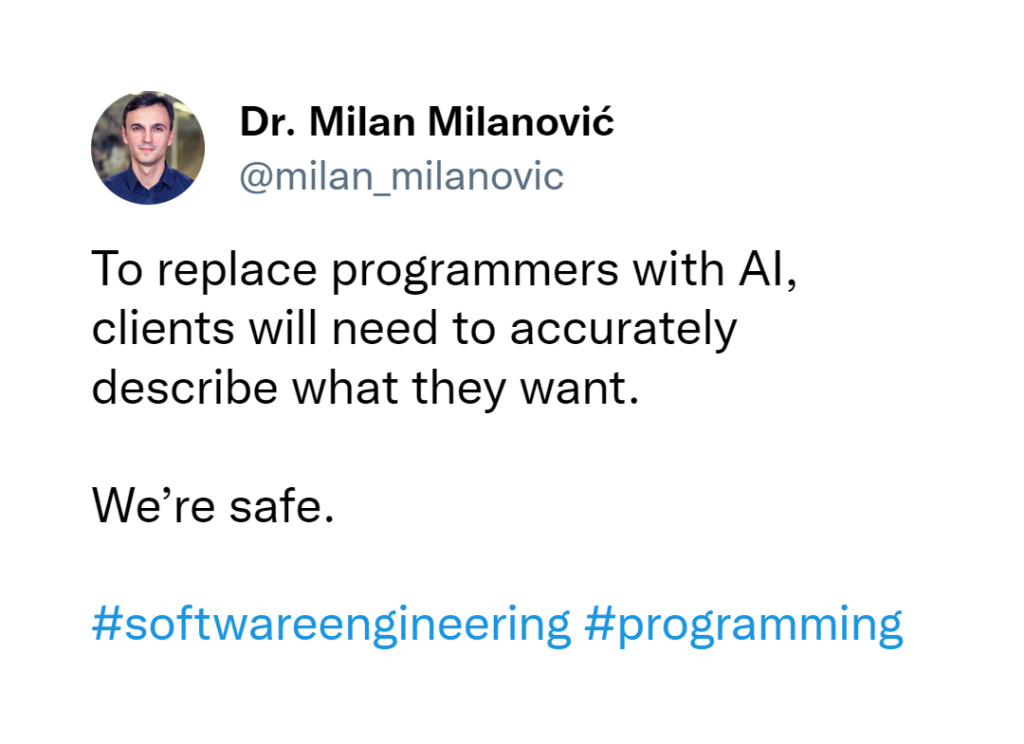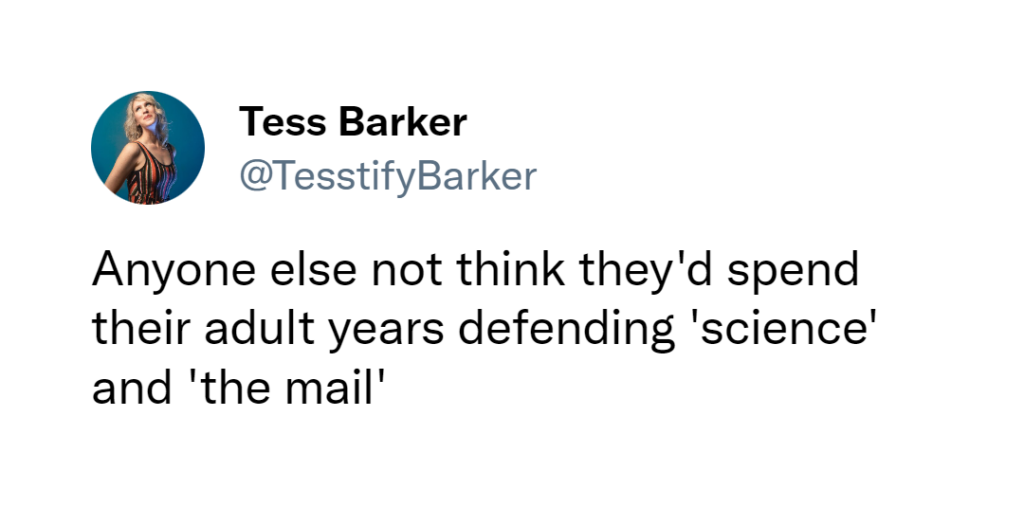Good Monday Morning
It’s July 31st. Some of the goodest boys and girls in the world will be competing on Saturday in the World Dog Surfing Championships.
Today’s Spotlight is 1,247 words — about 4 1/2 minutes to read.
3 Stories to Know
1. Cruise is opening in Nashville. The company offers autonomous vehicle taxi services with a safety driver, like in SF. Local officials are expected to drop safety driver requirements over time in Austin, Dallas, Houston, Phoenix, and now, Nashville.
2.Shoppers who want to consider a company’s values while shopping have a new app. Users can select whether they’re conservative or liberal and their positions on topics like climate change or LGBTQIA rights. The Veebs app’s premium features costs $12/year.
3.Twitter’s decline with mercurial owner Elon Musk at the helm is being hastened by a series of self-inflicted wounds. Marketing experts and the public remain shocked at how quickly he changed the brand name of Twitter to X. In just the last week, that move generated multiple problems:
- Apple won’t distribute the new app because its name doesn’t meet character length guidelines.
- The user who had the Twitter handle X for years says that the company took his name without warning or compensation. He was later offered some promotional items.
- Police halted the company’s new massive signs from being placed on the building because Twitter never obtained permits.
- Local residents are incensed over a huge lighted sign that now flashes from the company’s roof and directly into an apartment building across the street. City officials say that sign was also erected without a permit.
Spotlight on EdTech

Generative AI remains the biggest story in education technology. We’ve previously covered issues like student privacy and heavy-handed administrators using law enforcement tools inside schools, but AI use is a fast-moving wild card capable of disrupting education.
Educators are concerned about keeping pace with advancing technology, financial inequality among students, and the lack of training for themselves. Then there is the answer engine issue. Generative AI is often used as an answer engine instead of as a search engine to find resources.
And generative AI often provides incomplete or inaccurate responses.
A major new UNESCO education technology report last week called for schools to ban smartphones from classrooms and that teachers monitor students’ use of technology. The report also recommends that resource-starved schools shouldn’t leave students alone with self-paced learning or tutoring programs that lack human interaction.
Suppliers Prep for the Rush
The people who made the most money during a gold rush are the very few who find some of the early gold and the shopkeepers and other merchants who supply the miners. Federal funds that are part of the American Rescue Plan require schools put at least 20% of awards into combating learning loss from the pandemic disruption.
Tech companies took note of the money available to school administrators for the edtech equivalent of pickaxes. VC investments in education tech companies tripled to $16.8 billion between 2019 and 2021. Overall expenditures are expected to reach $300 billion, and a national survey suggests that only 11% of school and district leaders require peer reviewed research showing edtech effectiveness before buying.
Planned Obsolescence
Google Chromebooks are a painful symbol of how school systems have to juggle existing emergent needs with future budgets. The hybrid machine has a feature set and price point between tablet and laptop computer, and is designed to stop working on certain dates. The Oakland Unified School District had to replace 3,800 of them last year and faces 40,000 more replacements over the next 5 years.
Generative AI in Schools
The timing seems perfect for generative AI, but it’s not ready yet. Interfaces are often clunky, privacy guardrails are nonexistent, and they can be difficult to effectively use. The biggest issue remains accuracy. Whether they’re called hallucinations, dreams, or something else, large language models sometimes spit out completely wrong information — and even the programmers and companies behind them don’t always know why.
That won’t stop the continuing explosion of generative AI use in classrooms, and there are fun successes to celebrate including the professor who had ChatGPT develop a college course about its use and then uses its own software to teach it.
Practical AI
Quotable: “I’m an AI-creation/” — Bikini-clad fashion influencer Milla Sofia, who Futurism reports has tens of thousands of social media followers and even a marriage proposal.
Noteworthy: MIT announced PhotoGuard, a software tool that makes it much more difficult to manipulate an image.
Tool of the Week: ChatGPT finally released its Android app. The iOS version launched in May.
Trends, Spends & TikTok



Did That Really Happen — No, Fentanyl Laced Money Is Not A Thing
Media outlets and some police departments continue posting scary headlines about money that has been tainted with fentanyl harming people. Here are some counter headlines about fentanyl poisoning from accidental contact:
Experts Say Risk Is Extremely Low — NPR
Toxicology Expert Dispels Myths — UC Davis
Risks Are Very Minimal — Ohio State
There’s also this infographic from the DEA that advises first responders that incidental skin contact “is not expected to lead to harmful effects.”
P.S. There is also no recorded case in North America of a child dying after eating tainted Halloween candy except one boy who was murdered by his father. You can still snag a Reese’s or Snickers, but don’t get hysterical about a fake threat.
Following Up — Androids Get Tracker Warning
Remember how we told you about a man who killed a person he was following by using an AirTag? Google says that your Android device can now tell you if an AirTag you don’t own is “determined to be traveling with you.” You can also scan for unknown devices.
Protip — Don’t Buy Obsolete Chromebooks
It’s not just school systems. Third-party sellers can use Amazon, eBay, and other platforms to sell you Chromebooks that are or will soon expire. That’s fine if you both know about the date. Here’s how to stay an informed consumer.
Screening Room — Captivating Inclusivity Spot from Brazil
Science Fiction World — Protecting Old Growth With New Tech
Stand.earth Research Group has launched Forest Eye, a new satellite tool that tracks old-growth logging in British Columbia. The tool allows the public to hold the government and industry accountable. Forest Eye has already identified more than 5,700 hectares of old-growth forest that have been logged, the majority of which are candidate deferrals. More details here, including how you can help.
Coffee Break — Most Popular Emoji
We’ve missed World Emoji Day, but here’s a handy feature showing the most popular of them by country and by platform.
Sign of the Times












